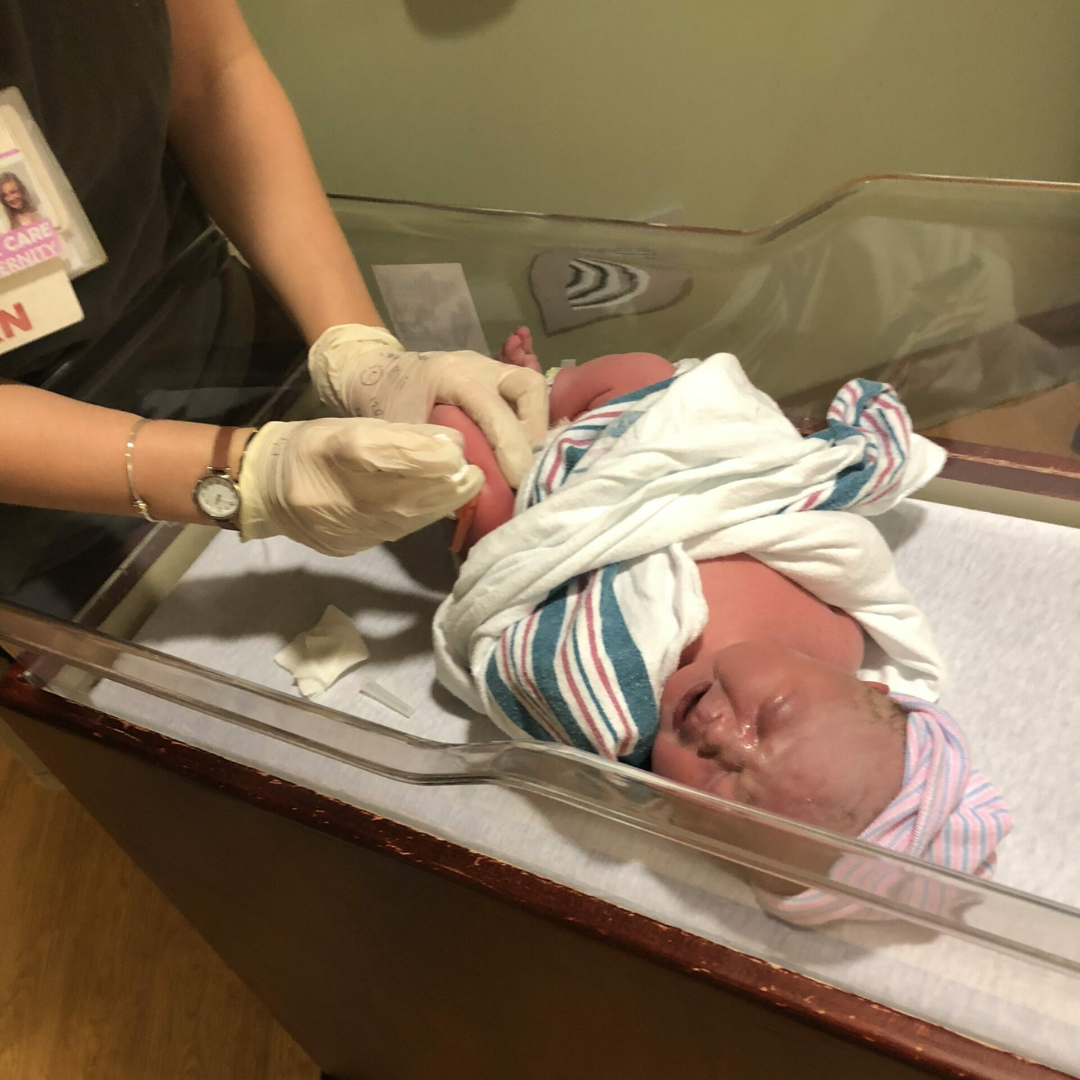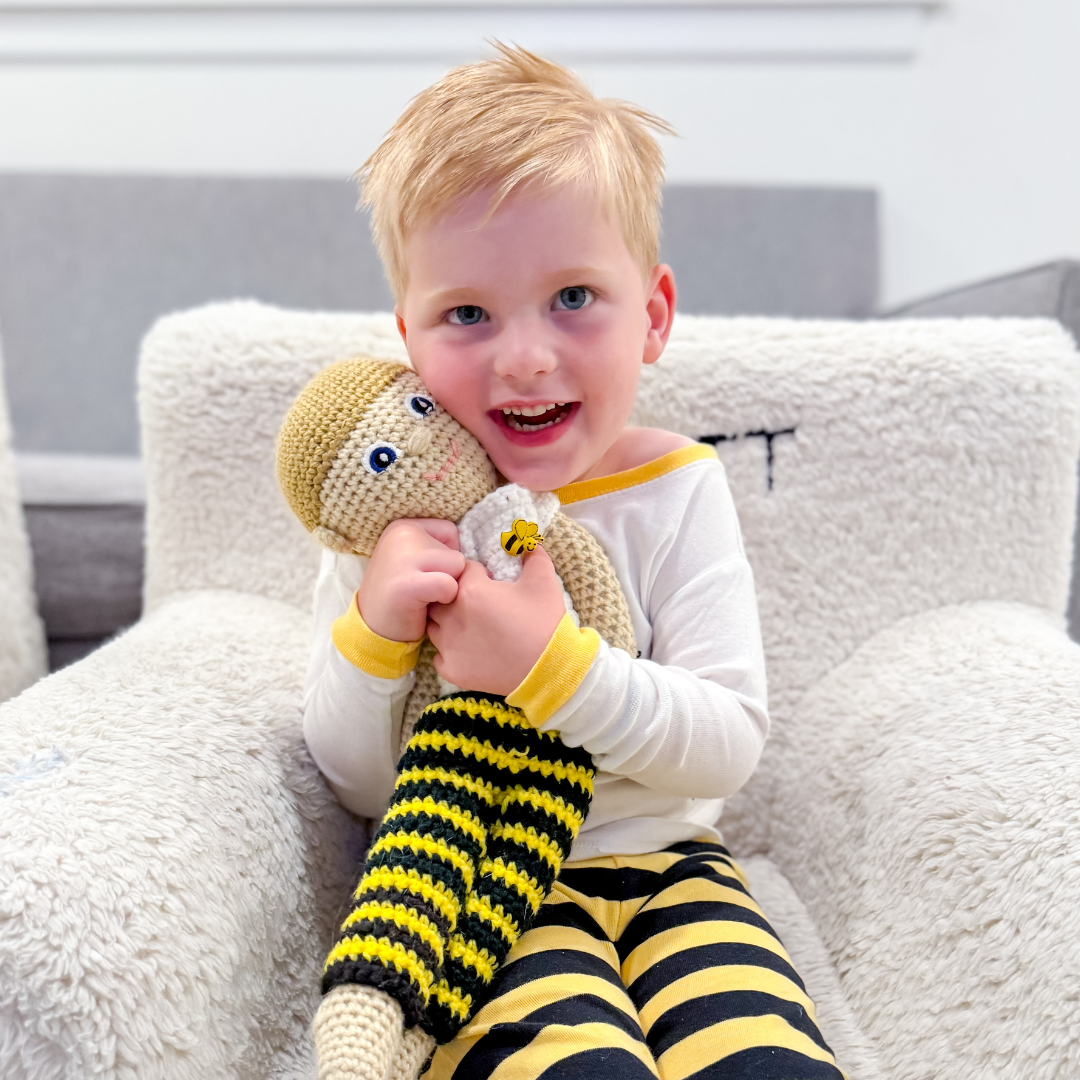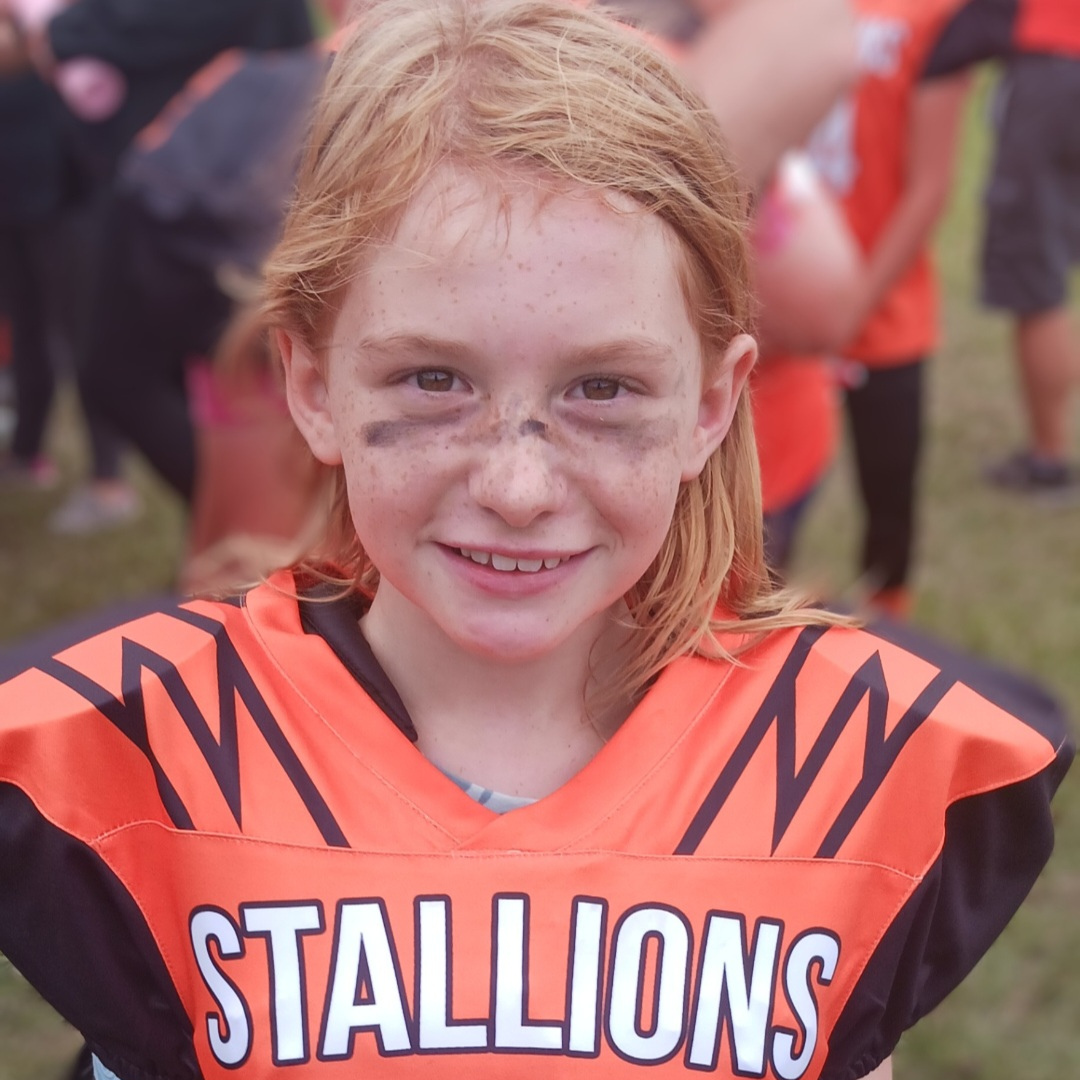by Makala Smith
At two months old, my son was diagnosed with biliary atresia, a liver disease affecting the biliary tract. He has spent his whole life going in and out of the hospital, getting different tests, and always seeing a lot of different doctors. Whenever he got sick, it meant an immediate trip to the emergency room for antibiotics.
My family and I have always done our best to treat him as a normal kid. Despite everything he’s been through, he remains a super happy and loving child.
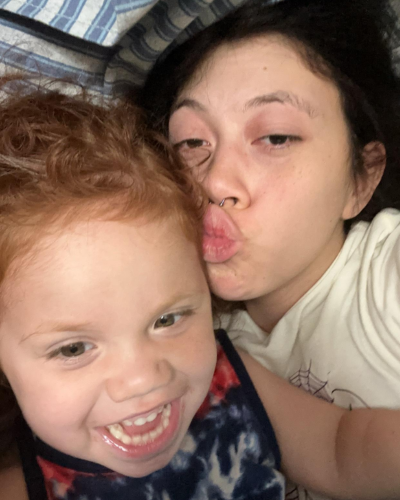
Fast forward two-and-a-half years. My son’s disease progressed and he needed a liver transplant. Vaccines were a requirement on the transplant preparation list. We’d kept my son up to date on all of his childhood vaccines, but now we had to get some ahead of the normal schedule. His transplant team wanted to give his immune system a fighting chance.
Immunosuppression is a necessary part of transplant treatment
When you receive any kind of organ transplant, you have to take immunosuppressive drugs. In my son’s case he took tacrolimus to prevent his body from rejecting his new liver.
The challenge with post-transplant treatment is that the drugs preventing organ rejection also make him super susceptible to viruses and infections. Catching a virus could send him to the hospital. A month or two after his transplant, he caught adenovirus (the common cold) and was admitted to the hospital because he was having trouble breathing.
The further you are from your transplant surgery, the better your chances get. However, my son will be immunocompromised and at increased risk for infections the rest of his life.
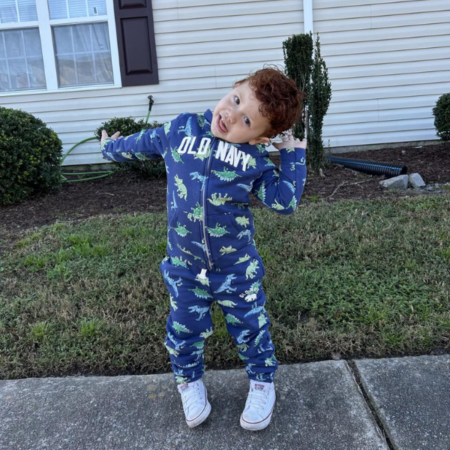
Science saved my son’s life, but it can’t protect him without your help
Science has progressed to a point where we can take organs out of other people’s bodies and put them back into a different body. Getting a vaccine is such a small thing compared to this. My son can still be vaccinated in the future—eventually. But the medication he has to take means his immune system will never be the same. The fear I feel about sending him around other kids is suffocating. I don’t know if they’re vaccinated. I can’t protect him from everything, but I still look at the news constantly to see which previously eradicated disease is back and trending.
During the pandemic, keeping him home and away from the germs was easy. But it was scary knowing I could bring something home to my son. I opted to get my COVID shot and every booster that was offered; my son received the COVID vaccine when he was able to as well. It was frustrating because I received some push back from family members; they didn’t want to get the vaccine. But it was either get vaccinated or don’t come around me and my son. Eventually they came around.
My son is now almost three-and-a-half years old. His life shouldn’t be about us trying to dodge diseases. He should be able to live as carefree as everyone else does, but he can’t. We have to be vigilant. Vaccines are one of the best advancements made by science. I stand by them for my own health and the health of my son.
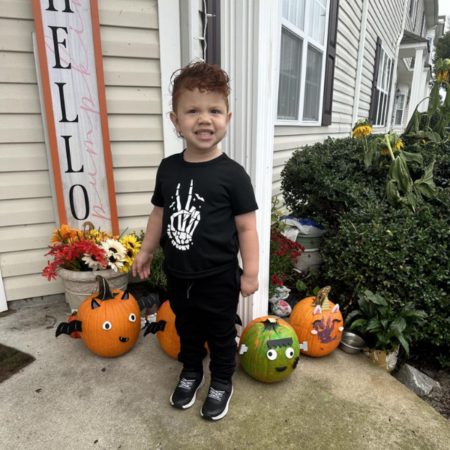
Makala Smith is a stay at home mom to two boys and an aspiring elementary teacher. Her son Elijah is a rambunctious 3 year old who enjoys going to school, gymnastics, and dance. Her story, like all others on this blog, was a voluntary submission. If you want to help make a difference, submit your own post by emailing us through our contact form. We depend on real people like you sharing experience to protect others from misinformation.




